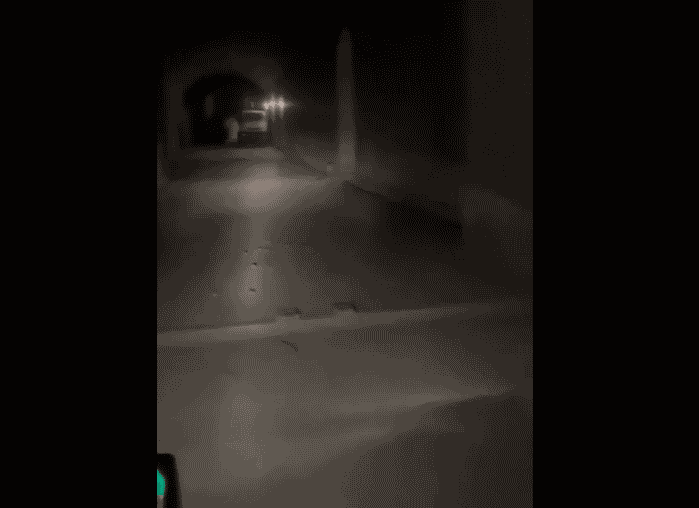Giant Weapons Smuggling Tunnel
WATCH: Iran's secret tunnel to Hezbollah exposed
This isn't just some makeshift passageway - it's serious infrastructure. The engineering and scale suggest years of planning and construction.


A massive underground tunnel network capable of moving heavy vehicles and missiles from Syria into Lebanon has been uncovered, blowing the lid off one of Iran's most ambitious weapons smuggling operations to Hezbollah.
Video footage released Wednesday by Syrian opposition forces reveals what looks more like an underground highway than a typical smuggling tunnel - wide enough for trucks, professionally reinforced, and stocked with ground-to-ground missile batteries. The discovery offers a rare glimpse into Iran's sophisticated weapons pipeline to its proxy forces.
The tunnel network represents just one piece of Iran's elaborate weapons delivery system. Over the past decades, Tehran has moved thousands of trucks and hundreds of planes worth of military equipment through Syria into Lebanon, building Hezbollah into a formidable force on Israel's northern border.
Israeli forces have been actively disrupting these supply lines. In October, they took out Mohammed Jaafar Qasir, commander of Hezbollah's weapons acquisition unit (known as Unit 4400), in a strike in Beirut. His replacement, Ali Hassan Gharib, didn't fare much better - he was eliminated weeks later in Damascus.
The Syrian regime has been playing both sides, according to intelligence sources. While publicly denying involvement, they've been quietly storing Iranian weapons in Syrian army warehouses and greasing the wheels at border checkpoints to keep the pipeline flowing.
The discovery comes at a particularly tense time in the region, with Israel and Hezbollah in a very tenous ceasefire follwoing Hezbollah's near daily rocket fire since October 7. While Israeli officials haven't commented on this specific tunnel, they've long warned about Iran's expanding efforts to arm its proxies.
The big question now: How many more of these underground highways are still out there, quietly channeling weapons to Israel's enemies? It's possible that we will never know.
Kikar HaShabbat contributed to this article.
Join our newsletter to receive updates on new articles and exclusive content.
We respect your privacy and will never share your information.
Stay Connected With Us
Follow our social channels for breaking news, exclusive content, and real-time updates.
WhatsApp Updates
Join our news group
Follow on X (Twitter)
@JFeedIsraelNews
Follow on Instagram
@jfeednews
Never miss a story - follow us on your preferred platform!